I have a list of things I am ashamed about. I can go alphabetically, but I won’t bore you.
My biggest shame—and now my greatest failure—was that I tried to commit suicide when I was a young girl. The shame around that was not that I wanted to die, but why I wanted to die. I had no self-esteem, no self-worth. I wanted so desperately to be liked and loved and wanted, and now that I’m writing this, I wonder: who doesn’t want that? Who doesn’t want to be loved and liked and wanted?
My biggest shame back then was wanting so desperately to be all those things—loved, liked, wanted, seen, heard.
I was a young girl and I was hurting myself, and my biggest shame back then was wanting so desperately to be all those things—loved, liked, wanted, seen, heard— so I would twist and turn myself into whatever pretzel other folks wanted me to be, and boy, oh, boy, was that exhausting. And terrifying. Not thinking or believing you’re enough when you’re a young girl—or a teenager—is excruciating. Not thinking or believing you’re enough, good enough, worthy enough, at any age is painful and just plain awful. The shame around that is enough to want to disappear.
Read More: My Therapist Sexually Abused Me—Here’s Why I Waited So Long to Speak Up
Shame Number Two

Image: Frank Flores/Unsplash
My other shame, my second biggest shame, was that I dropped out of high school when I was just a month or two shy of 16. The shame around that isn’t that I wasn’t smart enough, or bright enough. It wasn’t that I didn’t have what it took to get through high school and go on to college. The shame is that I gave it up and dropped out for a guy who didn’t love me the way I loved, liked, and wanted him.
We kissed in the back of his car until our lips bled, and he casually mentioned that he was heading to Oregon to go live on a commune. I raised my hand and said, “Me, me… pick me.” And a few weeks later, or maybe it was a few months later, my father drove me to the airport. He was gripping the steering wheel with every bit of life in him, no doubt worried sick about my future, and there I was, bursting with excitement about my rebellious and unhinged future.
The shame is that I dropped out for a guy who didn’t love me the way I loved him.
My knapsack dragged the floor of the airport—along with my peasant skirt—and when we got to the gate, because back then you could go to the gate with the person boarding the flight, my father hugged me goodbye and gave me a couple of bucks “just in case,” and whispered in my ear, “I can’t make your mistakes for you.”
The mistakes and all the shame that went along with that piled up like a bad accident on the Long Island Expressway.
What is Shame?
Shame.
Shame is the secrets we don’t want to share, the stories we keep locked up and hidden in the back of the drawer next to the pack of stale Marlboros. It’s the men we’ve slept with, the women we’ve longed for, the children we didn’t want. The jobs we lost, the money we spent, and the credit card bills we hide. The dirty dark shit that keeps us small, invisible, at arm’s length. It is a destroyer of dreams, a pervasive darkness, and an enabler. It is a stoic face in public, and a tear-stained face in private. It arrives in the form of anxiety attacks, cold sweats, and sleepless nights. It has brought down countries, damaged political careers, and upended the financial world. It has stirred and shaken religions and spiritual communities.
Shame is a destroyer of dreams, a pervasive darkness, and an enabler.
It is an unwelcome visitor arriving in the middle of the night, usually at say 3:00 a.m., keeping us wide-awake—worrying, worrying, worrying. It’s an unwanted companion bringing us to our knees and asking and begging and hoping for forgiveness for the stuff that we did and said when we didn’t know any better.
Shame.
It comes in all sizes and shapes and colors and religions. It prevents us from loving, giving, sharing, holding, touching, kissing—from being in the world fully, completely, whole. It keeps us from being intimate with our very own lives, let alone someone else. It is felt by men and women and girls and boys, and no, God no, it does not discriminate, it doesn’t give a shit who you are or how much you have or how many zeroes you have stashed away in a bank account.
Read More: I Can’t Believe I’m Not Dead Yet: A Survivor’s Tale
Overcoming Shame: Universal but Conquerable
Shame is a common bond that connects us all, like dots. There isn’t anyone I know who doesn’t have it, at least a portion of it; who hasn’t experienced it, at least a bit of it; who hasn’t worn it, tried it on, taken it off, and tossed it in a clothing recycling bin hoping to God—or whoever you get down on your knees for—that it won’t come back in a different size and color.
Here’s a big truth: most of the shame we carry isn’t ours to begin with.
And here’s a big truth, a huge motherfucking truth, most of the shame we carry isn’t ours to begin with. It isn’t ours to own. We inherited it—it was passed down to us.
So how about this: how about we take our shame and turn it into a story that we tell—a story that we share to help save others. How about we take our mistakes and turn them into our mission to lift and champion and inspire others. How about we take those dark and dirty secrets that are eating away at us in the middle of night and take them out into the light so that others don’t feel alone in their darkness any longer. How about we use our shame to say: I know how you feel, I know what it’s like, and, yeah, we may not share the same story, or the same details, or the same experiences but let’s stop being—staying—small and hidden and invisible, at arm’s length, because of it.
Let’s stop being ashamed of the very stories—the people, the experiences—that got us here, that make us who we are. Let’s help ourselves and others become who we can be: shameless.
A version of this story was originally published in July 2018.
***
Amy Ferris is an author, editor, screenwriter and playwright. She is the editor of the anthology, Dancing at the Shame Prom: Sharing the Stories That Kept Us Small. Her memoir, Marrying George Clooney, Confessions From A Midlife Crisis was adapted into an Off-Broadway play. She has written for TV, film and magazines.
Further Reading
Loveable: Embracing What Is Truest About You, So You Can Truly Embrace Your Life
Daring Greatly: How the Courage to Be Vulnerable Transforms the Way We Live, Love, Parent, and Lead



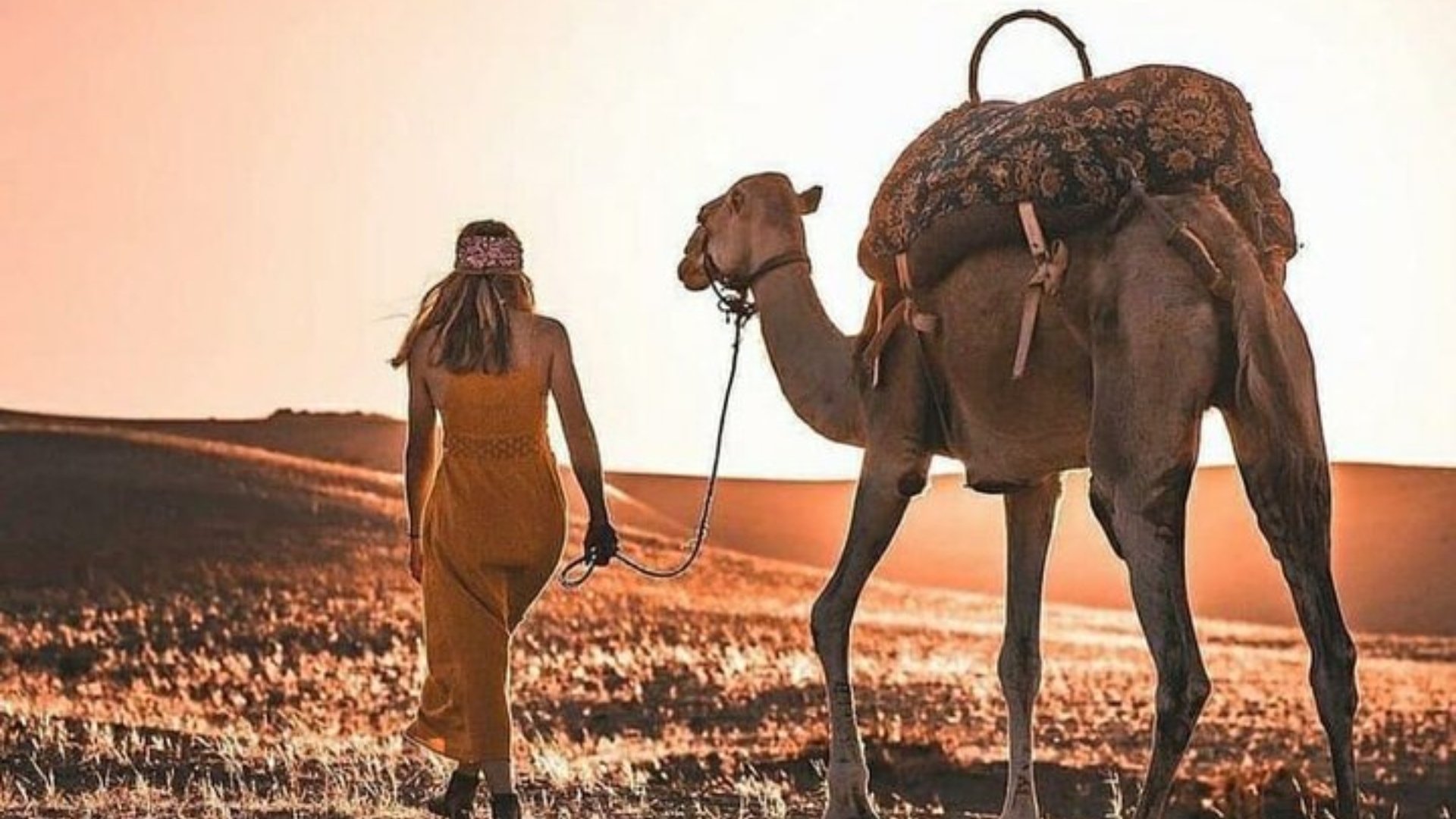


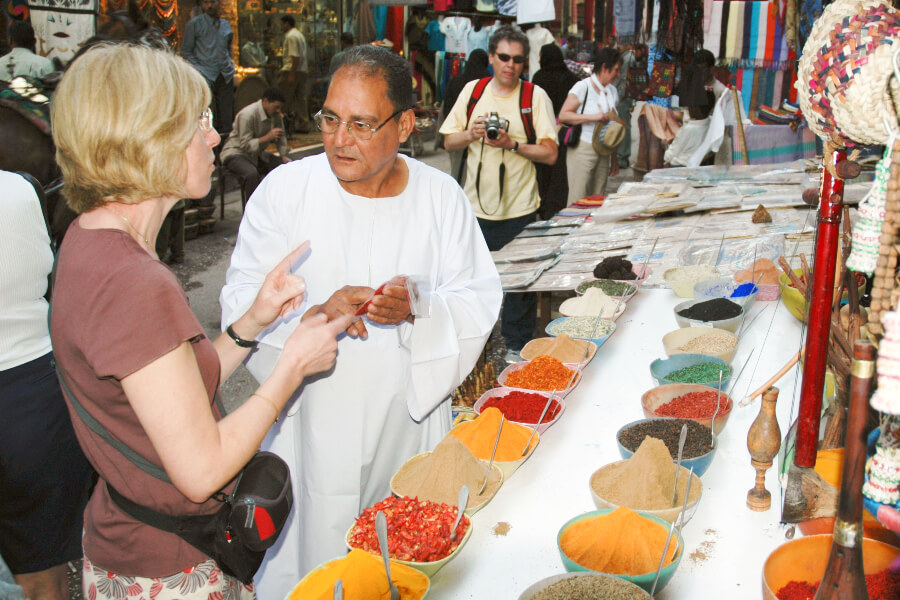

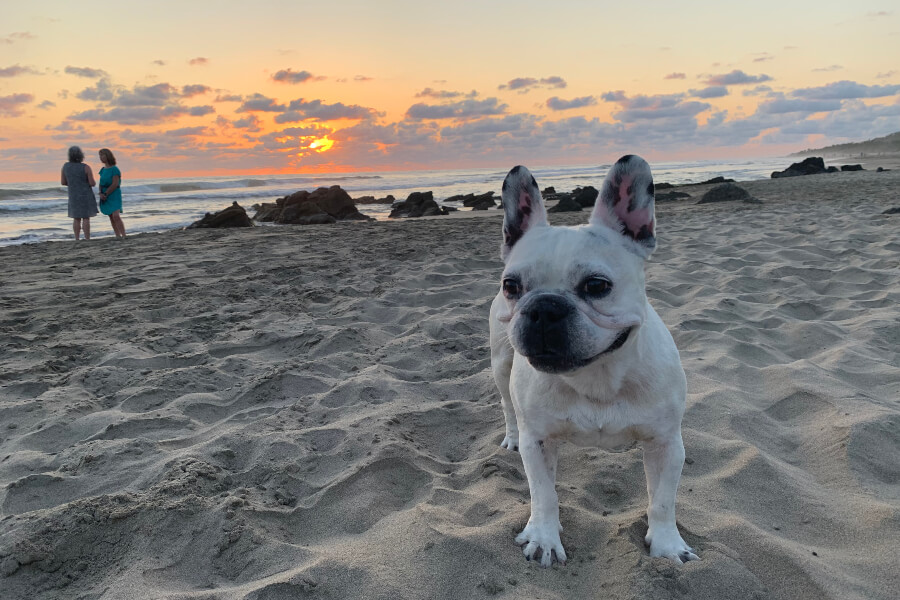

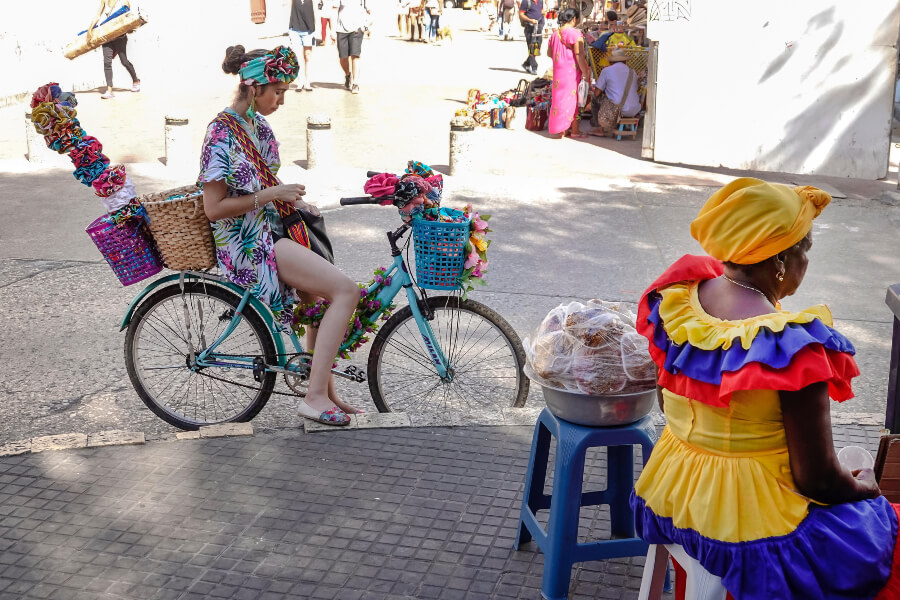

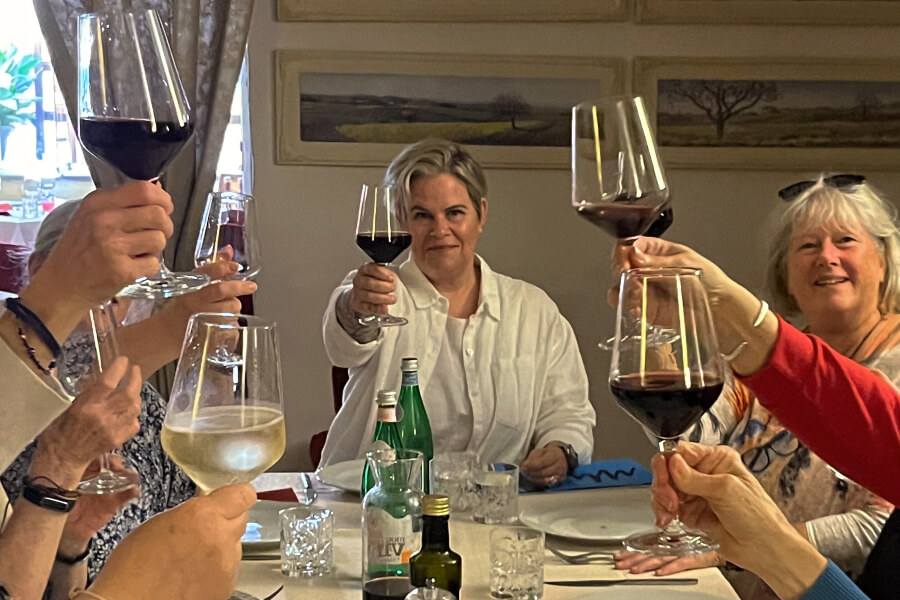







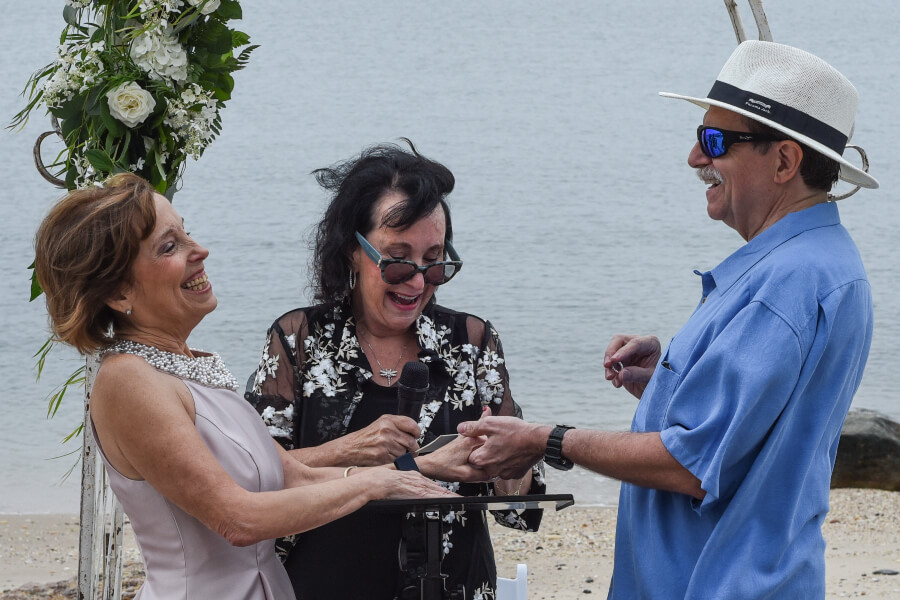
0 Comments